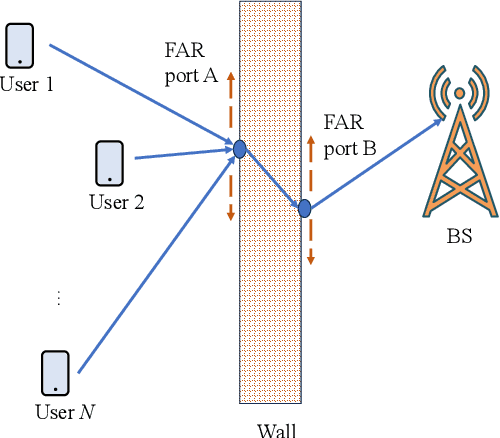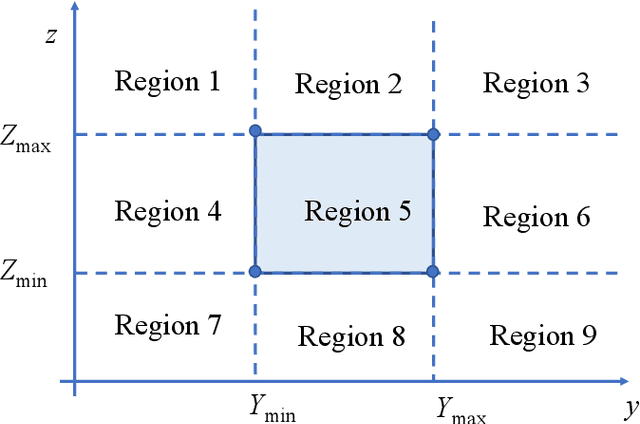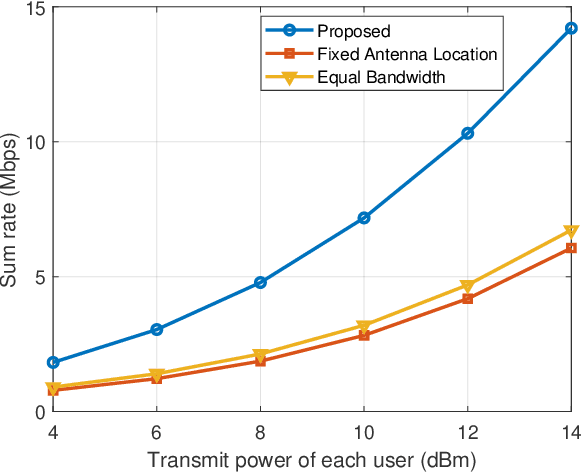Niyato Dusit
Enhancing Trust and Security in the Vehicular Metaverse: A Reputation-Based Mechanism for Participants with Moral Hazard
May 23, 2024



Abstract:In this paper, we tackle the issue of moral hazard within the realm of the vehicular Metaverse. A pivotal facilitator of the vehicular Metaverse is the effective orchestration of its market elements, primarily comprised of sensing internet of things (SIoT) devices. These SIoT devices play a critical role by furnishing the virtual service provider (VSP) with real-time sensing data, allowing for the faithful replication of the physical environment within the virtual realm. However, SIoT devices with intentional misbehavior can identify a loophole in the system post-payment and proceeds to deliver falsified content, which cause the whole vehicular Metaverse to collapse. To combat this significant problem, we propose an incentive mechanism centered around a reputation-based strategy. Specifically, the concept involves maintaining reputation scores for participants based on their interactions with the VSP. These scores are derived from feedback received by the VSP from Metaverse users regarding the content delivered by the VSP and are managed using a subjective logic model. Nevertheless, to prevent ``good" SIoT devices with false positive ratings to leave the Metaverse market, we build a vanishing-like system of previous ratings so that the VSP can make informed decisions based on the most recent and accurate data available. Finally, we validate our proposed model through extensive simulations. Our primary results show that our mechanism can efficiently prevent malicious devices from starting their poisoning attacks. At the same time, trustworthy SIoT devices that had a previous miss-classification are not banned from the market.
Fluid Antenna Relay Assisted Communication Systems Through Antenna Location Optimization
Mar 31, 2024


Abstract:In this paper, we investigate the problem of resource allocation for fluid antenna relay (FAR) system with antenna location optimization. In the considered model, each user transmits information to a base station (BS) with help of FAR. The antenna location of the FAR is flexible and can be adapted to dynamic location distribution of the users. We formulate a sum rate maximization problem through jointly optimizing the antenna location and bandwidth allocation with meeting the minimum rate requirements, total bandwidth budget, and feasible antenna region constraints. To solve this problem, we obtain the optimal bandwidth in closed form. Based on the optimal bandwidth, the original problem is reduced to the antenna location optimization problem and an alternating algorithm is proposed. Simulation results verify the effectiveness of the proposed algorithm and the sum rate can be increased by up to 125% compared to the conventional schemes.
When Large Language Model Agents Meet 6G Networks: Perception, Grounding, and Alignment
Jan 15, 2024Abstract:AI agents based on multimodal large language models (LLMs) are expected to revolutionize human-computer interaction and offer more personalized assistant services across various domains like healthcare, education, manufacturing, and entertainment. Deploying LLM agents in 6G networks enables users to access previously expensive AI assistant services via mobile devices democratically, thereby reducing interaction latency and better preserving user privacy. Nevertheless, the limited capacity of mobile devices constrains the effectiveness of deploying and executing local LLMs, which necessitates offloading complex tasks to global LLMs running on edge servers during long-horizon interactions. In this article, we propose a split learning system for LLM agents in 6G networks leveraging the collaboration between mobile devices and edge servers, where multiple LLMs with different roles are distributed across mobile devices and edge servers to perform user-agent interactive tasks collaboratively. In the proposed system, LLM agents are split into perception, grounding, and alignment modules, facilitating inter-module communications to meet extended user requirements on 6G network functions, including integrated sensing and communication, digital twins, and task-oriented communications. Furthermore, we introduce a novel model caching algorithm for LLMs within the proposed system to improve model utilization in context, thus reducing network costs of the collaborative mobile and edge LLM agents.
 Add to Chrome
Add to Chrome Add to Firefox
Add to Firefox Add to Edge
Add to Edge